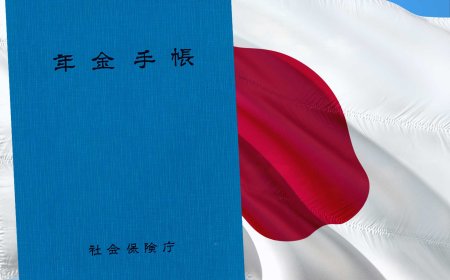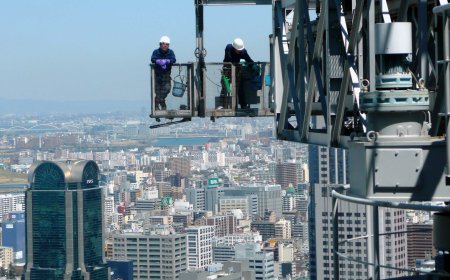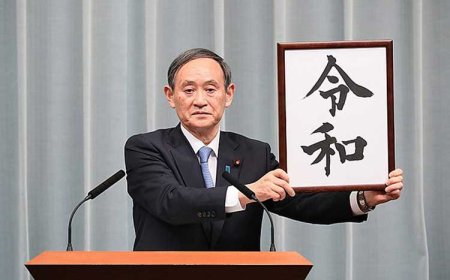Hiroshima's Eternal Call for Nuclear Disarmament
As Hiroshima commemorates the 79th anniversary of the atomic bombing, Governor Hidehiko Yuzaki and Mayor Kazumi Matsui deliver powerful messages urging global nuclear disarmament. This poignant event reminds the world of the enduring impact of nuclear weapons and the urgent need for their abolition.
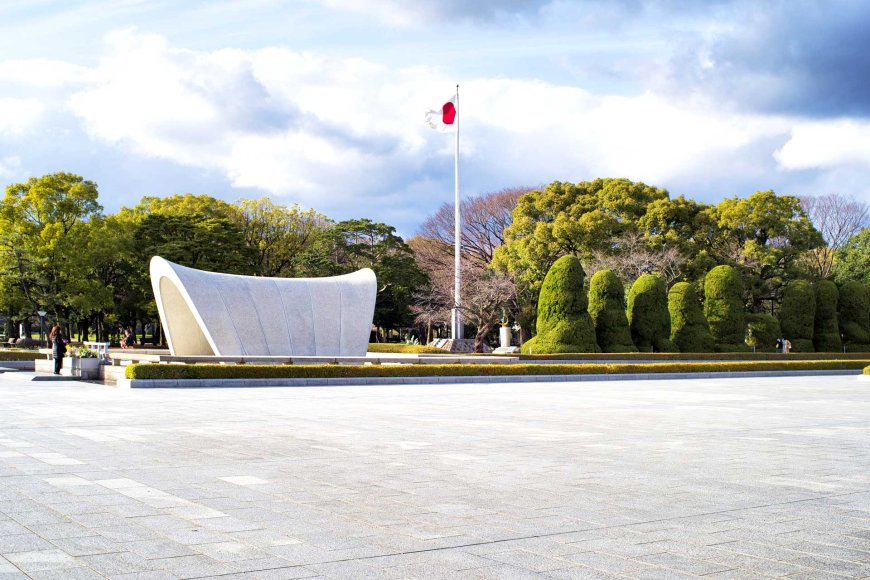
Hiroshima Peace Memorial (Genbaku Dome) 2024: A Call for Nuclear Disarmament
As the sun rose over Hiroshima on August 6, 2024, the city braced itself for a solemn anniversary. Seventy-nine years ago, this day marked one of the most devastating events in human history. A US B-29 bomber dropped an atomic bomb, instantly killing tens of thousands and leaving long-lasting scars on the survivors and the city itself. Today, Hiroshima's iconic Peace Memorial Park, home to the Genbaku Dome—a haunting remnant of that fateful day—became a focal point for a global plea for nuclear disarmament.
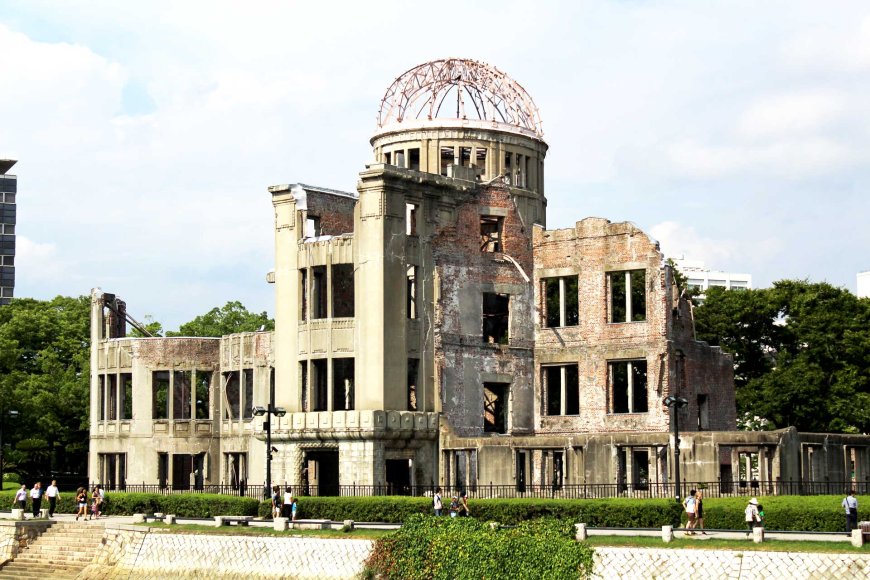
A Day of Remembrance
The ceremony in Hiroshima was attended by around 50,000 people, including dignitaries, survivors, and citizens. At 8:15 a.m., the exact time the bomb was dropped, a peace bell tolled, and a minute of silence was observed. Among the attendees was Prime Minister Fumio Kishida, who joined in the moment of reflection and mourning.
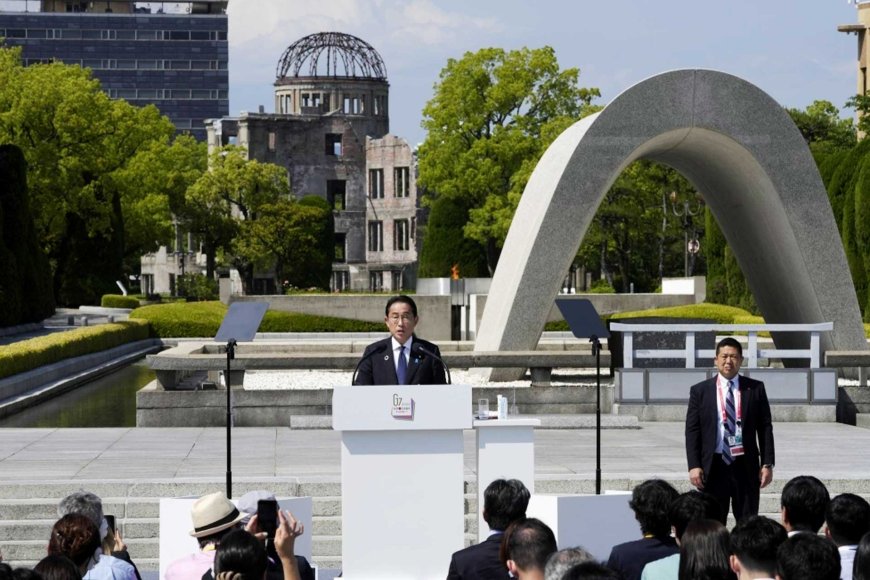
Governor Yuzaki's Impassioned Plea
In a heartfelt address, Hiroshima Governor Hidehiko Yuzaki called on world leaders to take decisive action against nuclear weapons. "As long as nuclear weapons exist, they will surely be used again someday," he warned. Yuzaki's message was clear: the abolition of nuclear weapons is not a distant, utopian dream but an urgent necessity. "Nuclear weapons abolition is not an ideal to achieve far in the future," he asserted. "Instead, it is a pressing and real issue that we should desperately engage in at this moment since nuclear problems involve an imminent risk to human survival."
His plea echoed the sentiments of many in Hiroshima and around the world who view nuclear disarmament as essential to ensuring global security and preventing future atrocities.
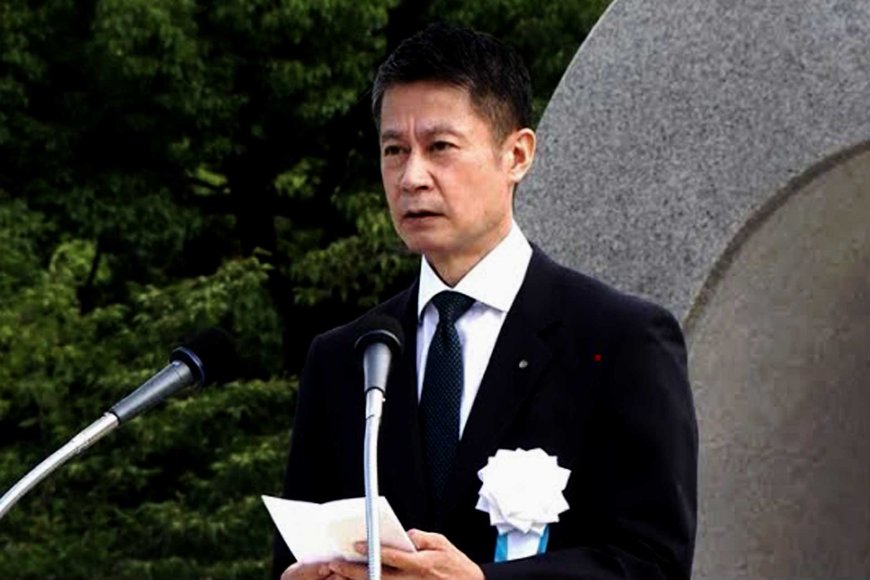
Mayor Matsui's Sobering Reflection
Hiroshima's Mayor Kazumi Matsui also spoke at the event, highlighting how contemporary conflicts are perpetuating the reliance on military force. He pointed to the ongoing war in Ukraine and the Israel-Hamas conflict in Gaza as tragic examples of how the use of force continues to claim innocent lives and disrupt normalcy.
"These global tragedies are deepening distrust and fear among nations, reinforcing the public assumption that to solve international problems we have to rely on military force, which we should be rejecting," Matsui said. His words underscored the need for diplomatic solutions and international cooperation to address and resolve conflicts.
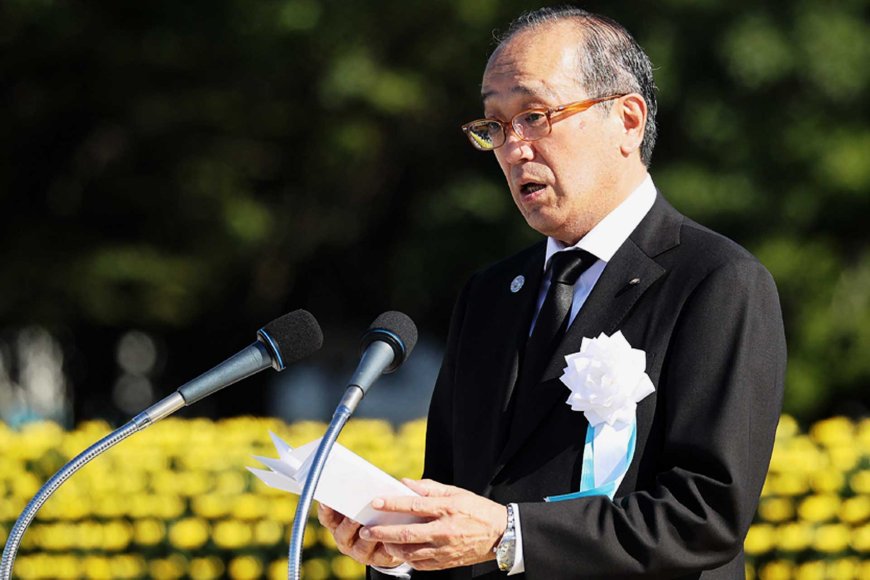
The Shadow of Nuclear Deterrence
This year's commemoration comes at a time when discussions of nuclear deterrence are resurfacing in Japan. Recently, Japan and the United States reaffirmed Washington's commitment to "extended deterrence," which includes the potential use of nuclear weapons to protect its allies in Asia amid rising regional tensions. This stance marks a significant shift for Japan, the only country to have experienced atomic bombings, which has traditionally been reluctant to engage in nuclear deterrence discourse.
The reaffirmation of nuclear deterrence by the US and Japan highlights the complex and often contradictory nature of international security policies. While Hiroshima calls for the elimination of nuclear weapons, geopolitical realities and regional threats compel some nations to consider the deterrent value of such arsenals.
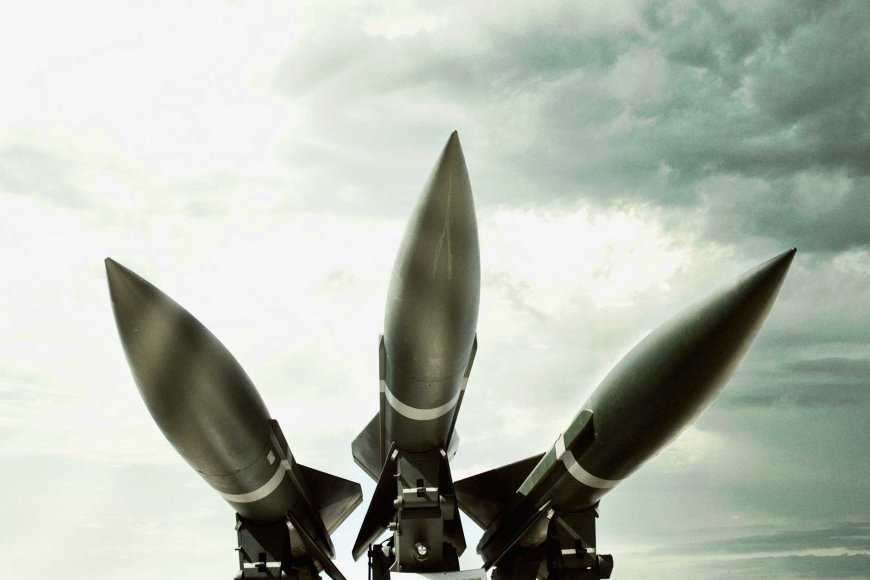
A Legacy of Peace and Resilience
Hiroshima's legacy is not just one of tragedy but also of resilience and hope. The Genbaku Dome, standing in stark contrast to the modern city that has risen around it, serves as a powerful symbol of the enduring human spirit. The Peace Memorial Park, with its monuments and museums, educates visitors about the horrors of nuclear war and the importance of peace.
The annual ceremony is a poignant reminder of the devastating consequences of nuclear weapons and a call to action for their abolition. It is a time for reflection on the past and a moment to galvanize efforts towards a future free from the threat of nuclear annihilation.
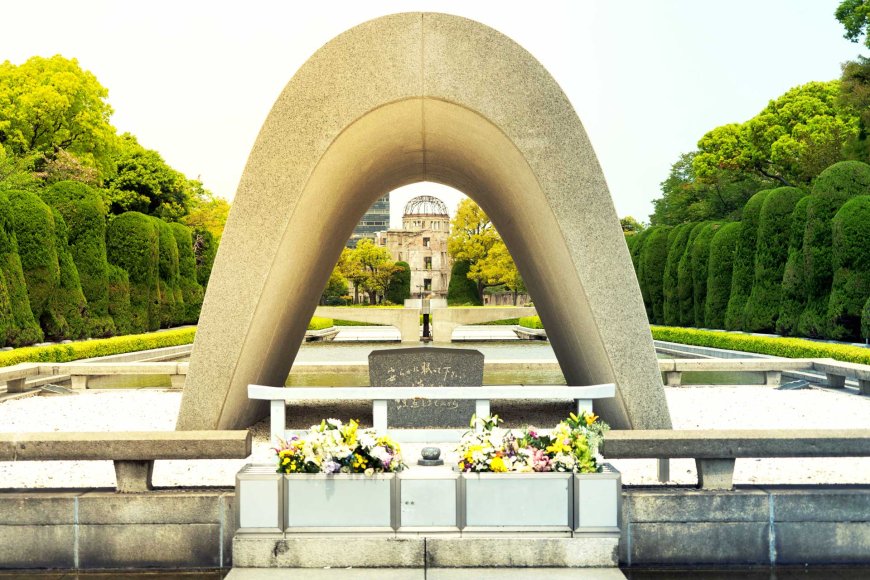
Moving Forward
As the world remembers the horrors of Hiroshima, the words of Governor Yuzaki and Mayor Matsui resonate deeply. Their speeches reflect a broader, urgent call for a global commitment to disarmament and peace. The path to a nuclear-free world is fraught with challenges, but the message from Hiroshima is clear: the stakes are too high, and the cost of inaction too great.
In commemorating this solemn anniversary, Hiroshima not only honors the victims of the past but also advocates for a future where such a tragedy can never happen again. The city’s enduring message is one of peace, resilience, and the relentless pursuit of a world without nuclear weapons.

Find Cheap Flight Tickets to any Destinations in Japan and the Philippines
Nipino.com is committed to providing you with accurate and genuine content. Let us know your opinion by clicking HERE.



















































